Novu godinu 26 mesta u Srbiji dočekalo u minusu, jedino Sremska Mitrovica i Crni Vrh u plusu
1. januar 00:31

16. maj 2023 18:42
podeli vest

Foto: Shutterstock.com/Dmitrij Plehanov, ilustracija
BRUSSELS - Serbia has partly carried out a 2022 policy guidance but has reached a good level of compliance in most statistical areas, according to the Joint Conclusions of the Economic and Financial Dialogue between the EU and the Western Balkans and Turkey (ECOFIN).
The conclusions praised the National Bank of Serbia for having appropriately tightened monetary policy when faced with mounting inflationary pressures.
"A certain share of public funds for capital investment continues to be spent without sufficient transparency and proper checks to ensure compliance with public procurement, state aid and technical standards, particularly when it comes to big infrastructure projects financed by third-country loans. There is a need to strengthen the implementation of the legal framework in the fields of competition and state aid," the document noted.
The participants of the dialogue invited Serbia to "keep an appropriately tight fiscal stance in 2023 to help disinflation, including by reducing budget support to energy SOEs, while providing targeted and temporary support to vulnerable households and companies if needed to cushion the impact of high energy prices; and plan a further gradual reduction in the deficit in the 2024 budget and in the medium-term fiscal framework in line with the SBA commitments and the new fiscal rules."
Serbia is also invited to "implement the tax administration reform according to the ERP 2023 timeline" and "reinforce fiscal risk analysis capacity, in particular on SOEs, and make the resulting reporting publicly available in the fiscal strategy updates in spring and autumn."
Among other recommendations, the document said Serbia needed to "continue to carefully assess and analyse price developments and ensure a sufficiently tight monetary policy stance to preserve price stability in the medium term, including by further tightening monetary policy, if needed."
"While authorities are committed to further increase dinarisation, currency substitution remains high and continues to represent a potential financial stability risk through indirect credit risk and limits monetary policy choices," the conclusions also said.
The dialogue participants urged Serbia to "further improve transparency in the adoption and implementation of legislation, particularly by ensuring a timely consultation of businesses and social partners on new legislation affecting their operations, including on temporary legislative acts impacting established supply-chains of importing or exporting companies," as well as to "apply competition, equal treatment, non-discrimination and transparency principles in public procurement and state aid procedures in line with the EU acquis for all public investment projects regardless of the financing source and to ensure a consistent and transparent track record demonstrating the operational independence of the Commission for State Aid Control."
The participants also expect Serbia to "adopt the national energy and climate plan in line with the Green Agenda for the Western Balkans and international commitments" and "further modernise energy infrastructure and lower carbon emissions to accelerate the green transition also in the light of the upcoming EU Carbon Border Adjustment Mechanism (CBAM)."
Serbia also needs to "reduce poverty by substantially increasing the adequacy of benefits," the conclusions said.
31. decembar 12:24
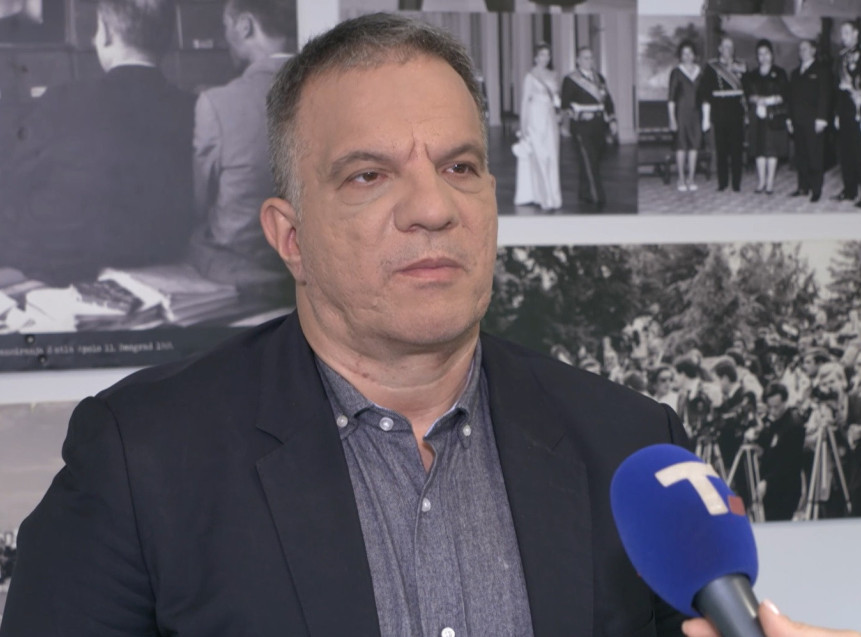
31. decembar 09:20
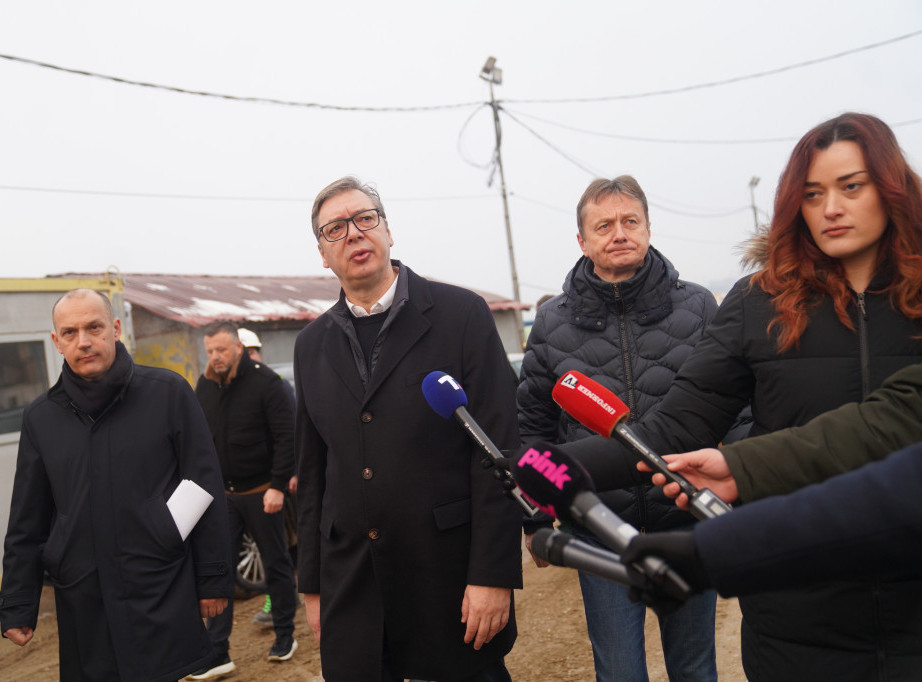
31. decembar 08:37
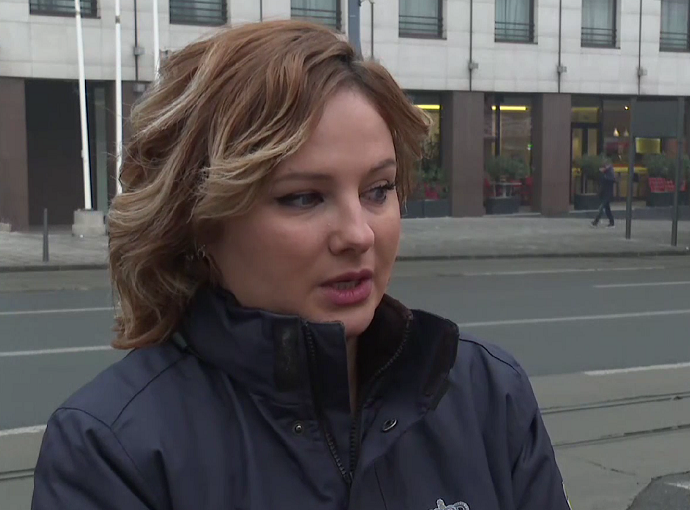
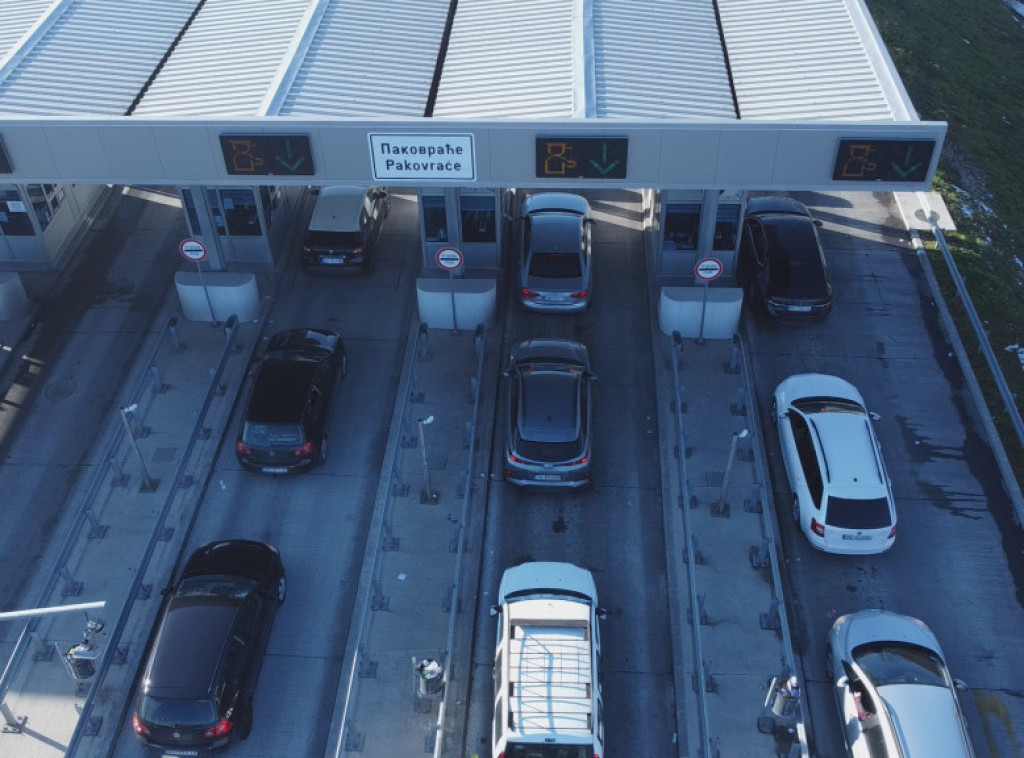

31. decembar 16:01

31. decembar 15:19

31. decembar 14:36
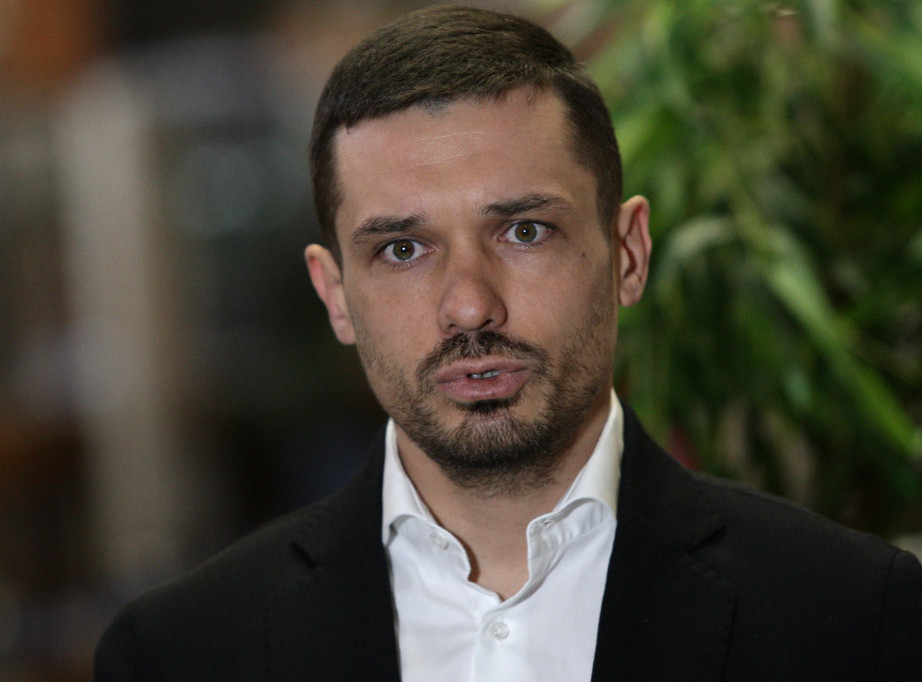
31. decembar 23:35
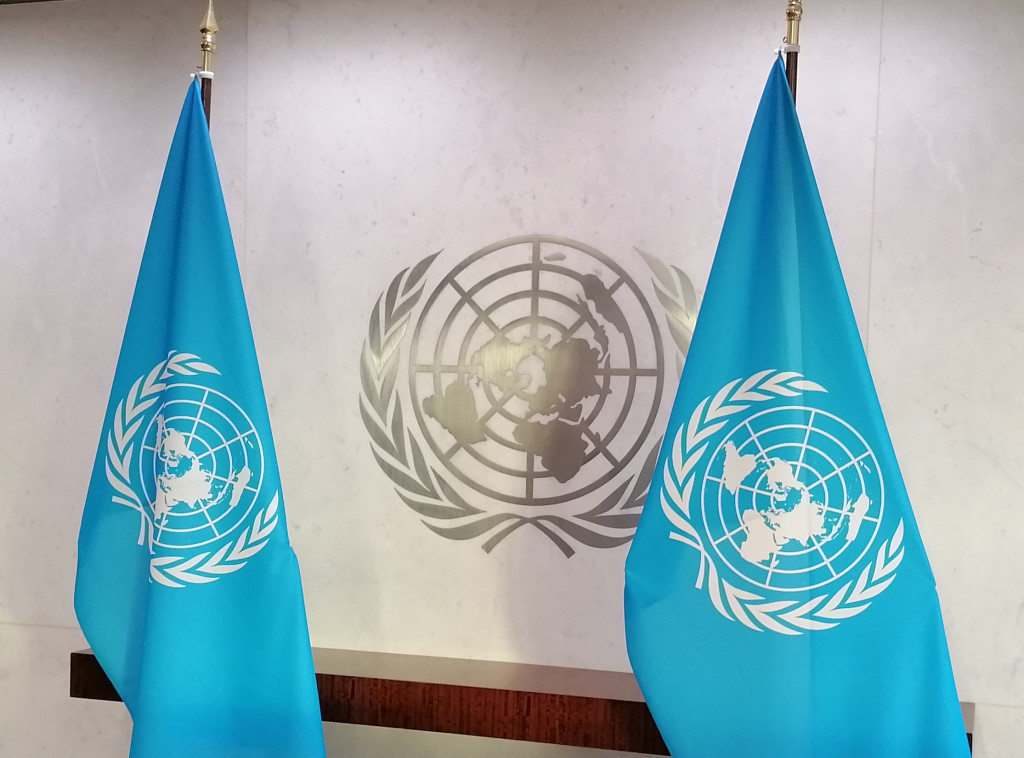
31. decembar 16:20

31. decembar 12:29

31. decembar 10:16
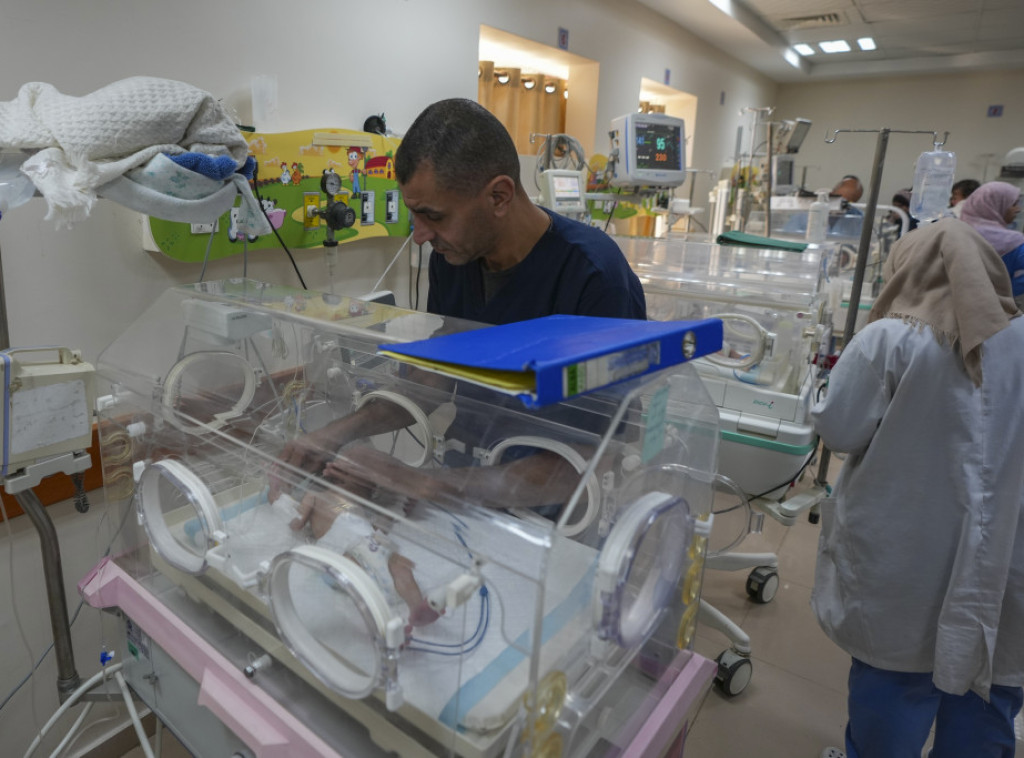
20. decembar 13:28
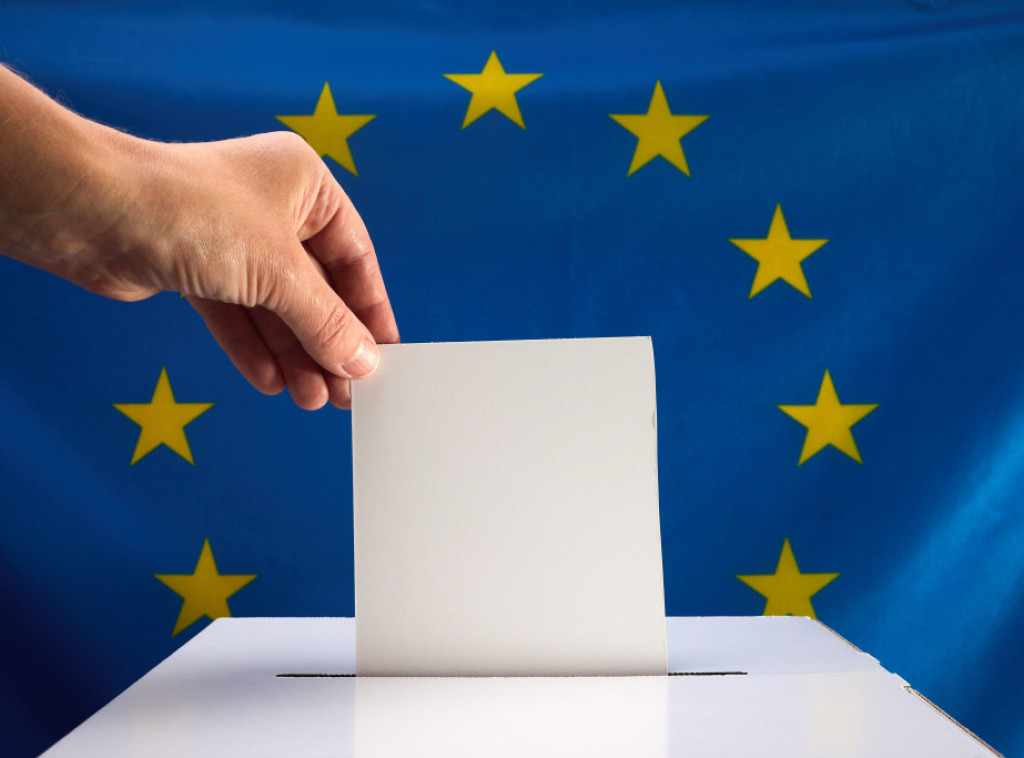
19. decembar 23:06
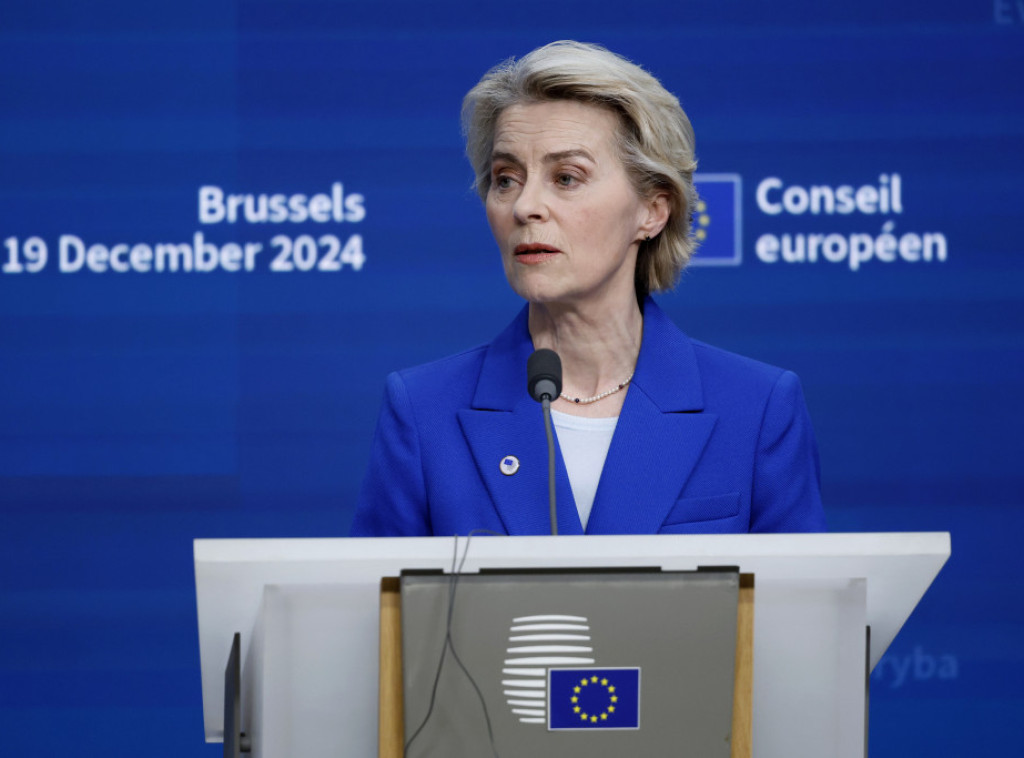
19. decembar 21:04
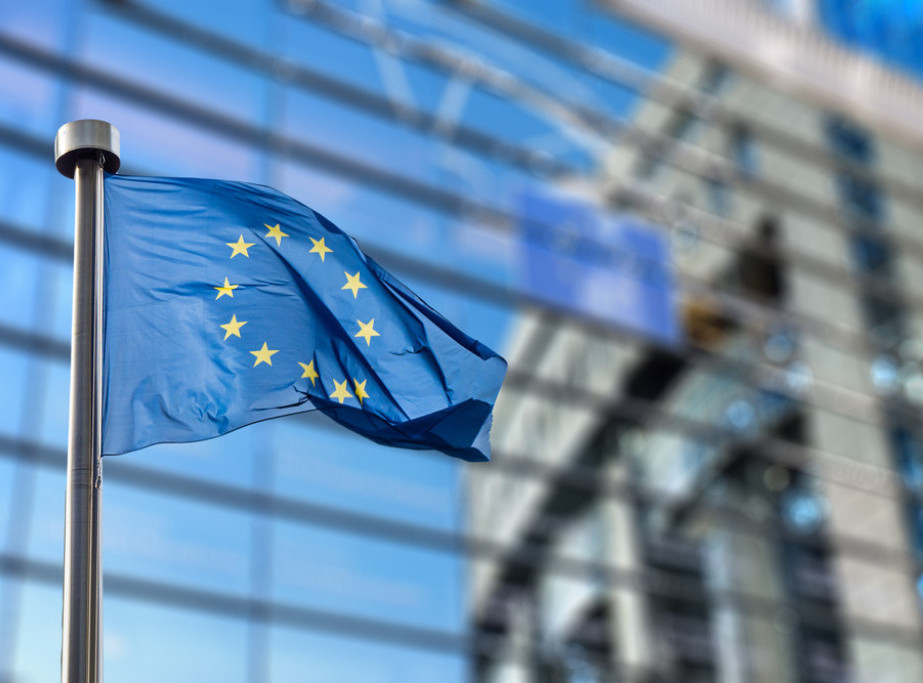
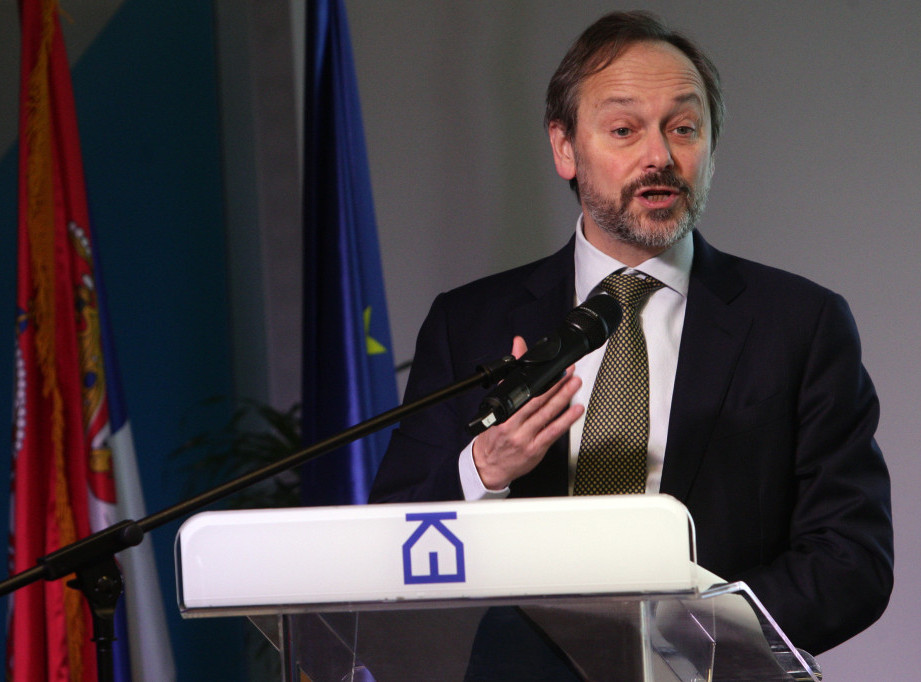
20. novembar 17:11
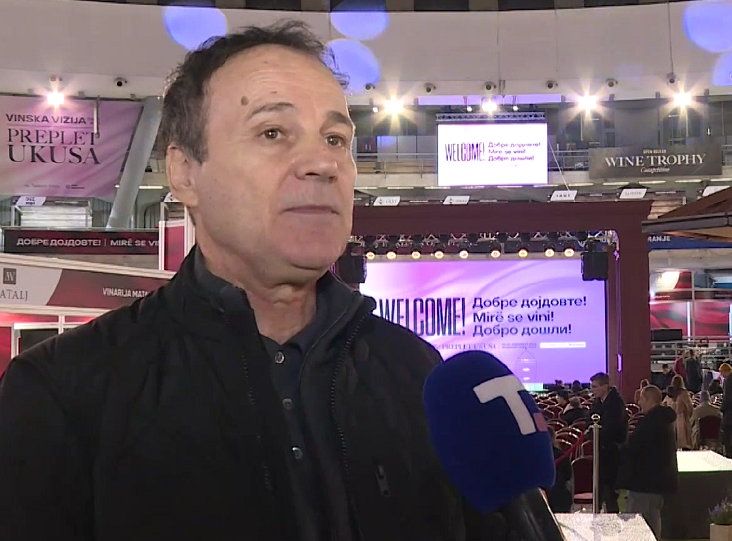
18. novembar 15:04

9. novembar 22:08
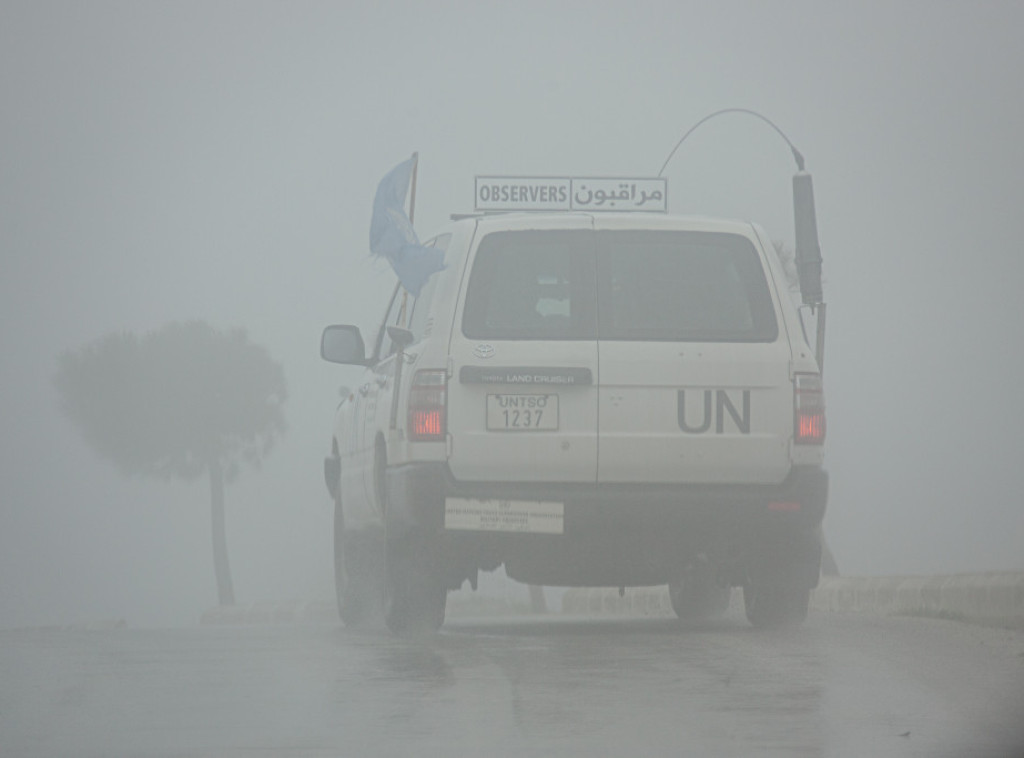
31. decembar 13:00


27. decembar 17:34

